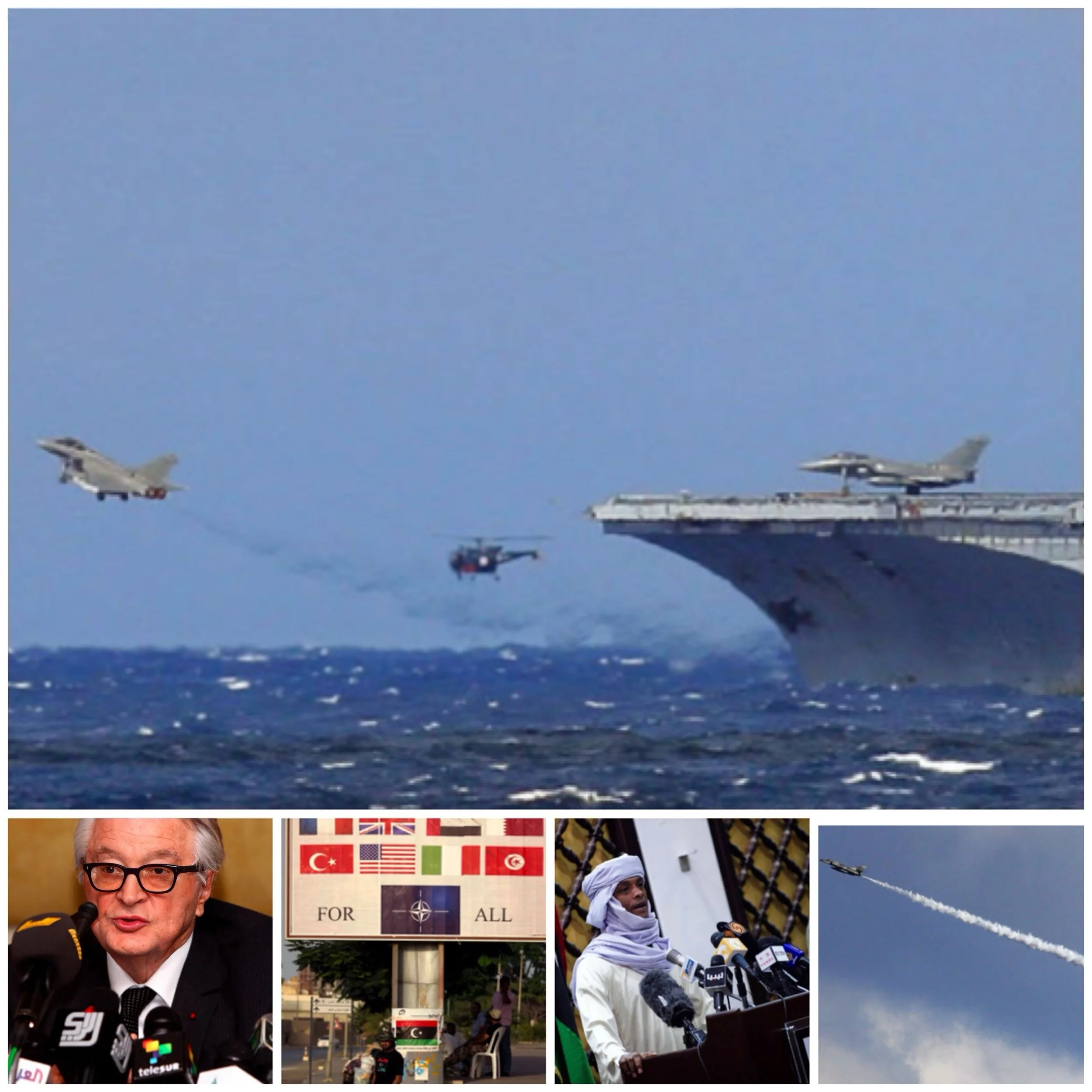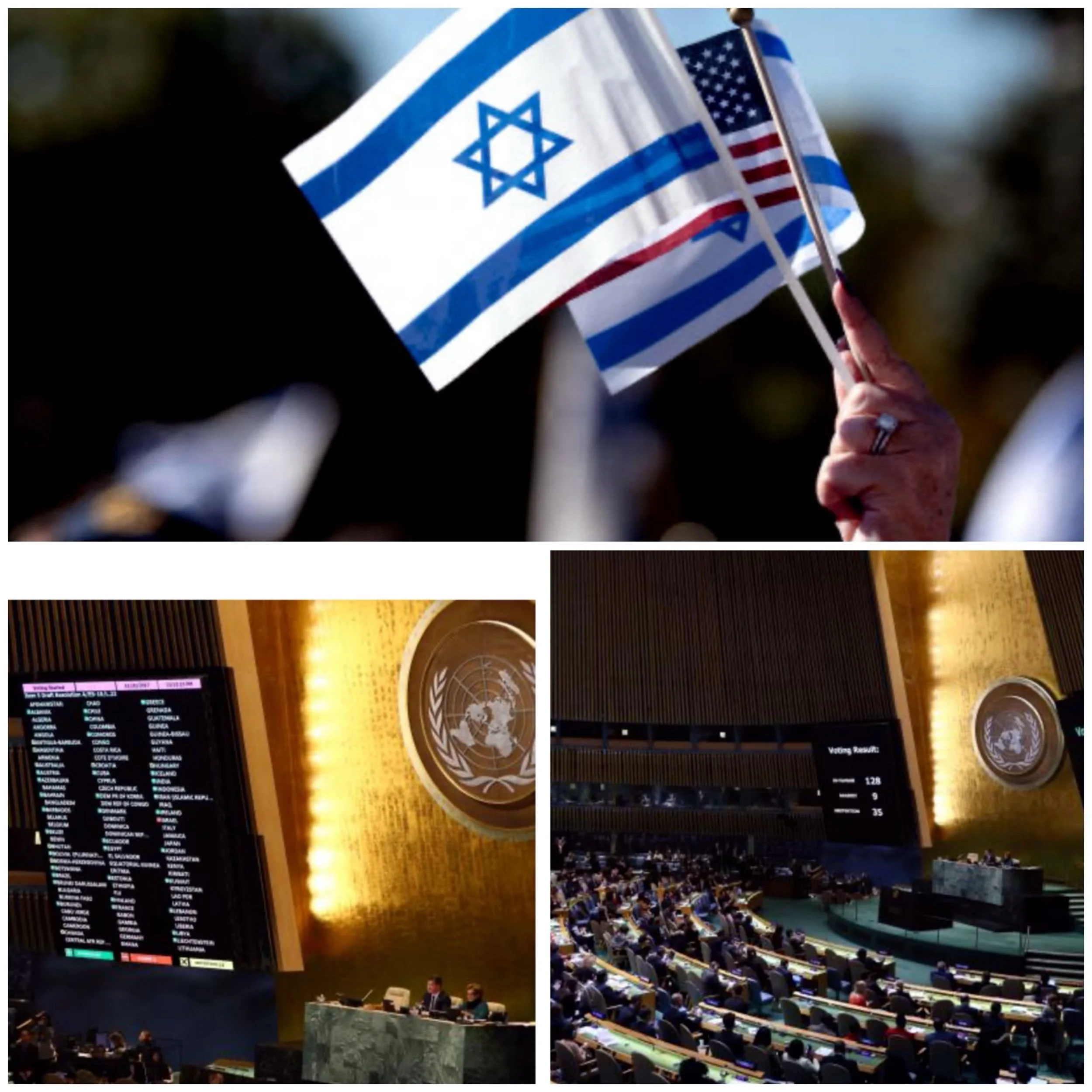NATO in Libya but not Palestine
Introduction
NATO’s non-involvement in the Israel-Palestine conflict, particularly in Gaza and the West Bank, is fundamentally different from its intervention in Libya for several key reasons
Legal and Political Framework
Unlike in Libya, there is no UN Security Council resolution authorizing military intervention to protect civilians in Gaza or the West Bank. NATO’s involvement in Libya was based on UN Security Council Resolution 1973, which provided legal grounds for intervention.
NATO’s Role and Mandate
NATO as an alliance does not play an active role in the Israel-Palestine conflict:
NATO Secretary General Jens Stoltenberg has stated that “NATO as an Organisation is not directly involved” in the Israel-Palestine conflict.
The alliance’s focus remains primarily on European and North Atlantic security, rather than Middle Eastern conflicts.
Strategic Considerations
NATO’s approach to the Israel-Palestine conflict is influenced by several factors:
Many NATO members, particularly the United States, have strong bilateral relationships with Israel.
There’s a divergence of interests within NATO regarding the Middle East, with some members more focused on European security threats.
Geopolitical Complexities
The Israel-Palestine conflict involves complex regional dynamics:
Unlike Libya, which was relatively isolated, intervening in Gaza or the West Bank could potentially escalate into a wider regional conflict.
NATO is wary of actions that could further destabilize the Middle East or provoke responses from other regional powers.
Humanitarian Concerns vs. Military Action
While NATO has expressed concern about the humanitarian situation:
The alliance has called for the protection of civilians and the release of hostages.
However, it has stopped short of advocating for military intervention, instead emphasizing diplomatic and humanitarian approaches.
International Law and NATO Obligations
NATO member states are bound by international law, which some argue should compel them to act:
There are calls for NATO members to impose arms embargoes on Israel based on International Court of Justice rulings.
However, NATO commitments are often prioritized over broader international legal obligations by member states.
Conclusion
In conclusion, NATO’s non-involvement in Gaza and the West Bank, despite the high civilian death toll, stems from a combination of legal, political, and strategic factors that differentiate this situation from the Libyan intervention. The alliance has instead focused on diplomatic efforts and calls for de-escalation, reflecting the complex geopolitical realities of the Middle East.





